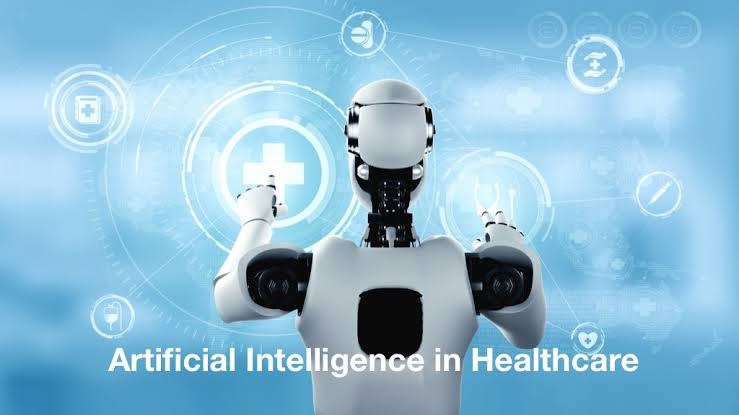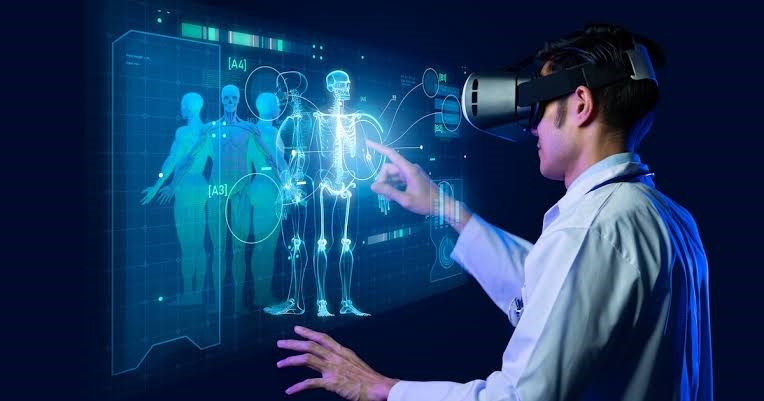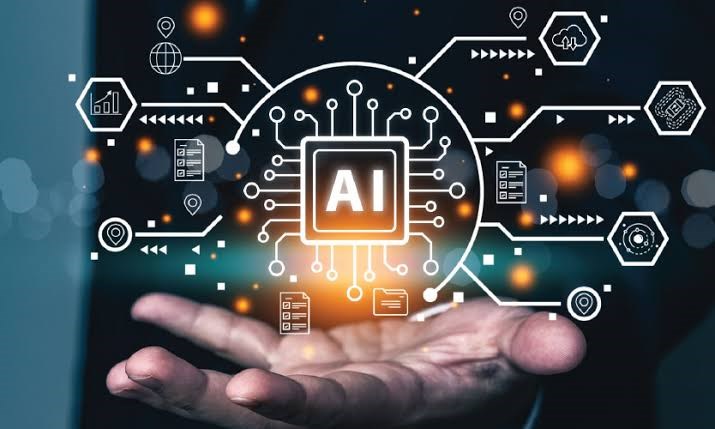ARTIFICIAL Intelligence (AI) refers to the development of computer systems capable of performing tasks that typically require human intelligence, such as speech recognition, decision-making, problem-solving, and learning from experience. AI technologies, including machine learning, natural language processing, and computer vision, have experienced significant advancements in recent years, enabling machines to analyse vast amounts of data, recognise patterns, and make autonomous decisions.
INTEGRATION OF AI IN TECHNOLOGICAL ADVANCEMENTS
AI and the Internet of Things (IoT) are converging to create intelligent systems that enhance connectivity and automation. AI algorithms can analyse data collected by IoT devices, enabling predictive analytics, real-time monitoring, and autonomous decision-making in various fields, such as smart homes, healthcare, transportation, and manufacturing.
AI-powered robots and automation systems are also revolutionising industries by augmenting human capabilities, improving efficiency, and reducing errors. From automated assembly lines in manufacturing to autonomous vehicles and drones, AI is transforming traditional processes and opening up new frontiers. AI algorithms are used to analyse vast amounts of user data, enabling personalised experiences across various sectors. From personalised recommendations on streaming platforms to targeted advertising and customer support, AI-driven technologies are enhancing user engagement and satisfaction.
Again, in healthcare and medicine, AI is making significant strides in healthcare, facilitating early disease detection, precision medicine, and personalised treatment plans. Machine learning algorithms can analyse medical records, genetic data, and imaging scans to assist in diagnosis, predict disease outcomes, and recommend optimal treatment options. Also, AI-powered natural language processing (NLP) allows machines to understand and generate human language. Virtual assistants like Siri and Alexa utilise NLP to process voice commands, answer questions, and perform tasks, while AI chatbots are transforming customer service interactions on websites and messaging platforms.

While the integration of AI and technology brings immense opportunities, it also presents challenges that need to be addressed:
Ethical Considerations: The development and deployment of AI technologies raise ethical questions, such as algorithmic biases, privacy concerns, and the impact on employment. Ensuring transparency, fairness, and accountability in AI systems is essential for responsible and ethical implementation.
Data Privacy and Security: As AI relies heavily on data, ensuring robust data privacy and security measures is crucial. Safeguarding sensitive personal and organisational information from cyber threats and unauthorised access is a fundamental requirement in the AI-driven technological landscape.
Human-AI Collaboration: The successful integration of AI requires effective collaboration between humans and machines. The focus should be on leveraging AI as a tool to augment human capabilities, rather than replacing human expertise and judgment.

To conclude, the synergy between technology and Artificial Intelligence is reshaping our world, enabling groundbreaking innovations and transforming industries across the board. From IoT to robotics, personalised experiences to healthcare advancements, AI is revolutionising how we interact with technology and the possibilities it unlocks.
However, it is vital to navigate the ethical considerations, prioritise data privacy and security, and foster human-AI collaboration to ensure that these advancements are harnessed responsibly for the benefit of society.




